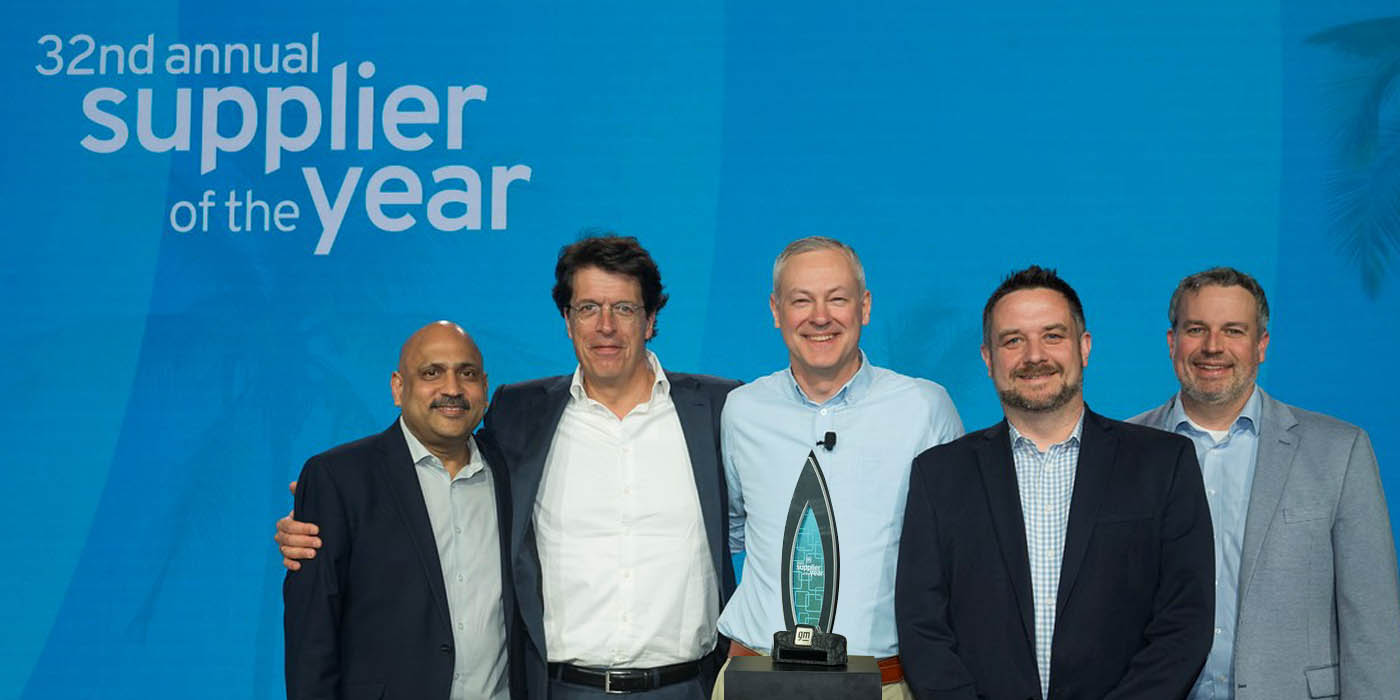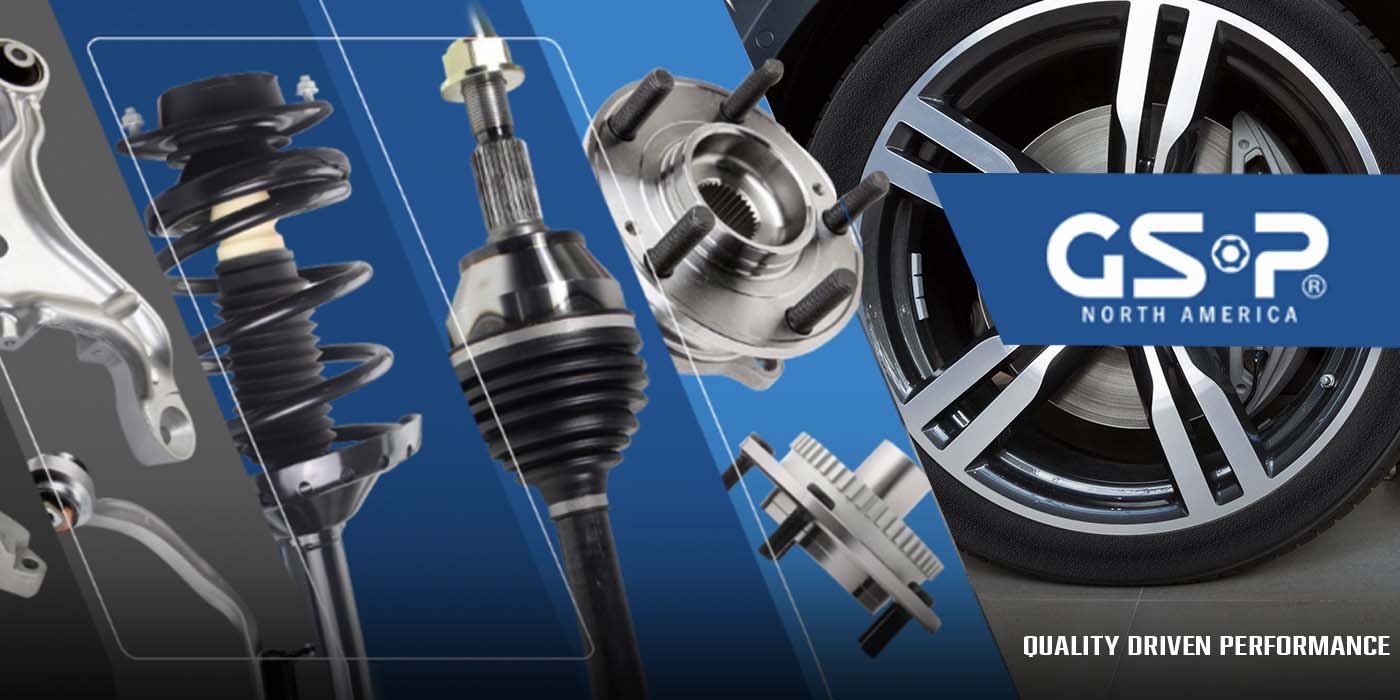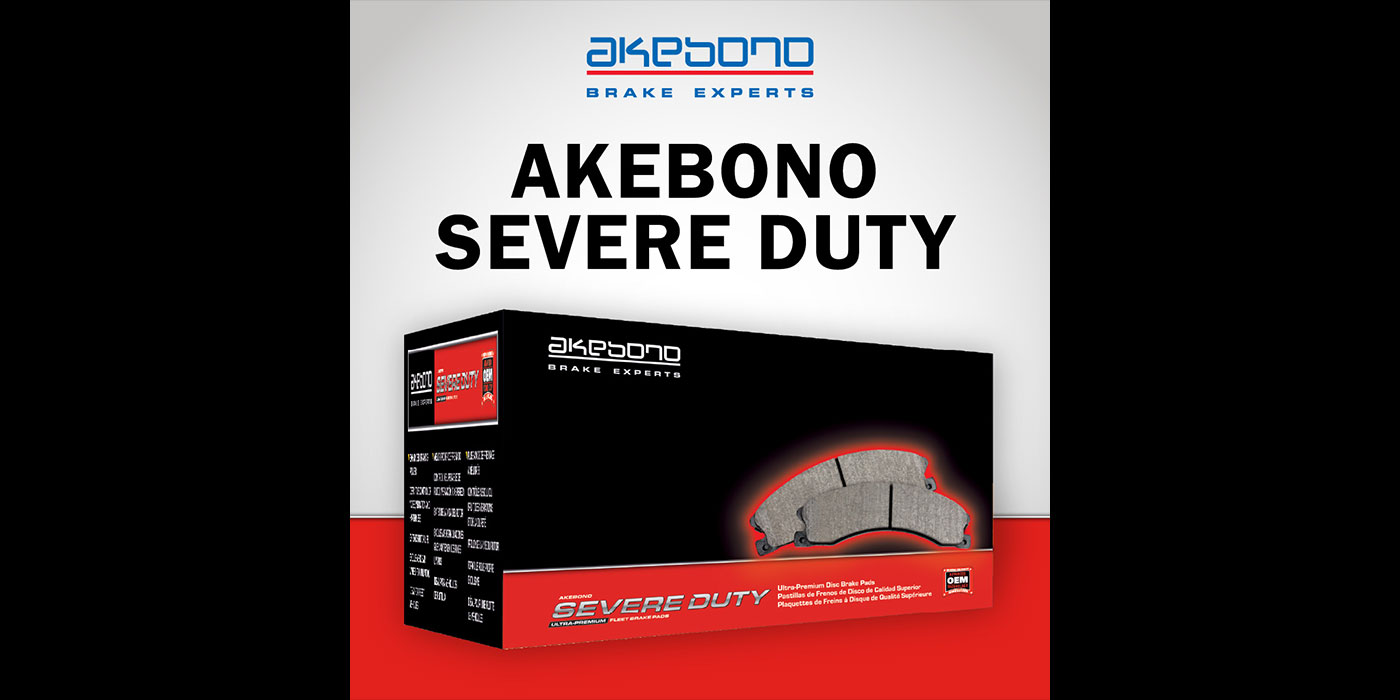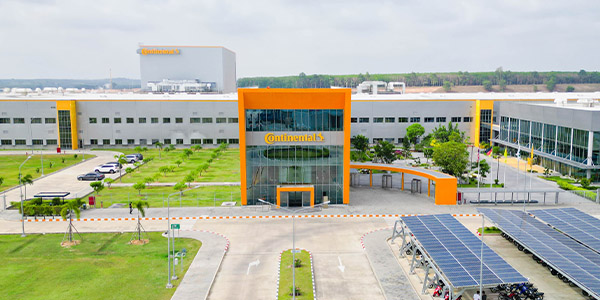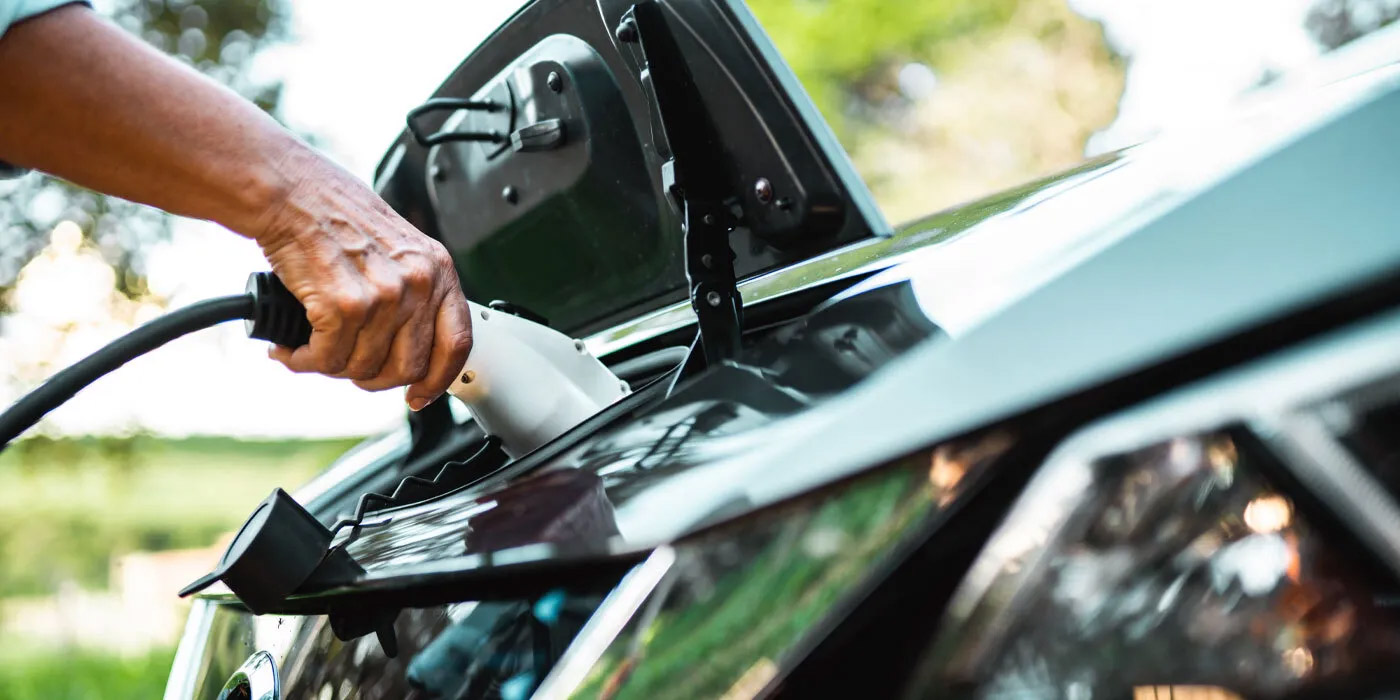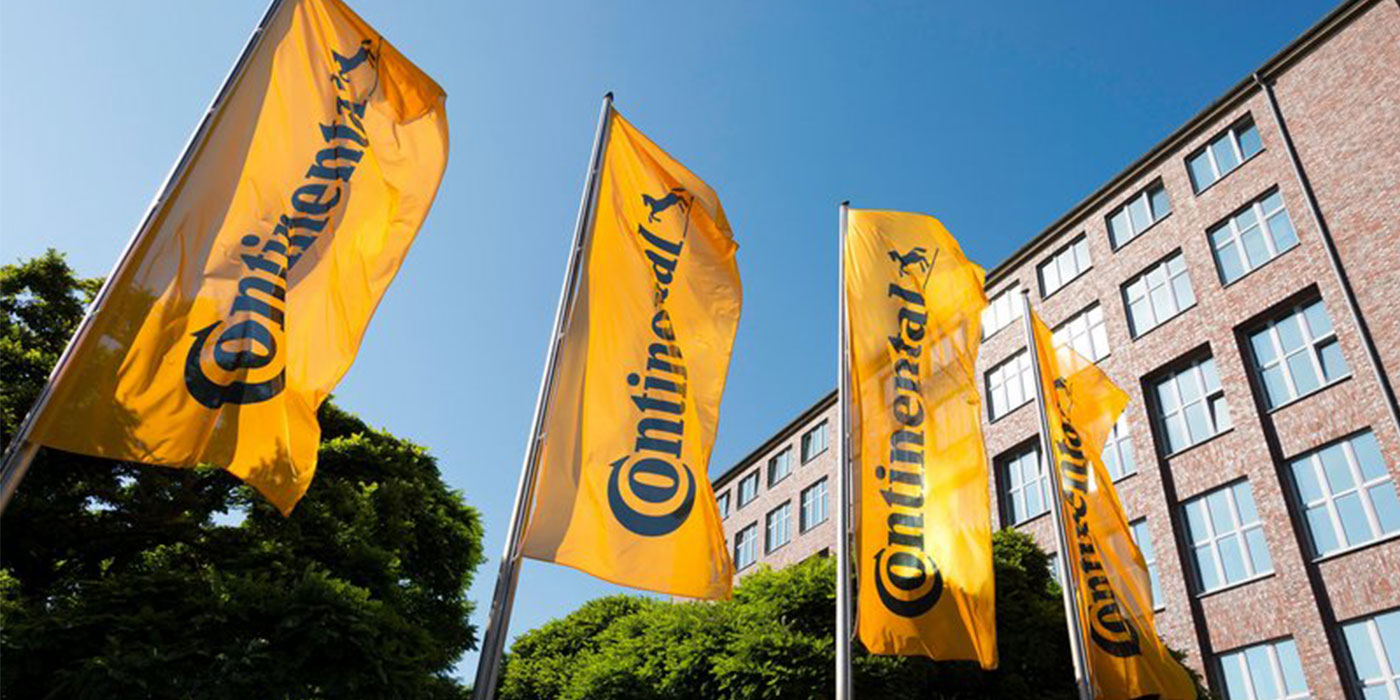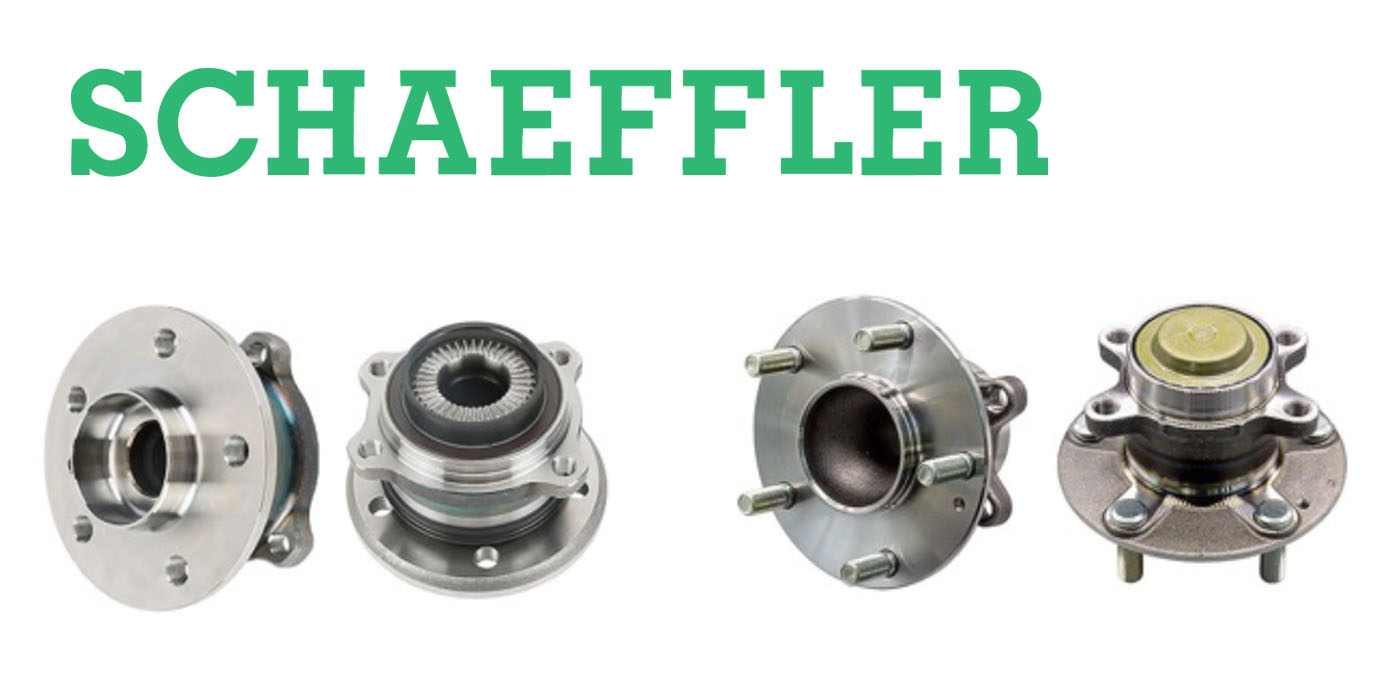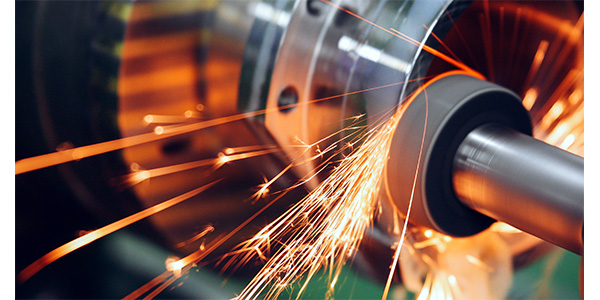
With the dust settling in the wake of car manufacturers ceasing vehicle production in Australia, the automotive manufacturing sector in the country has had to recalibrate, but positive signs are emerging.
Although overall revenue and employment numbers are down from 2015 figures, business sentiment within the sector is positive; with reinvention, new ventures and innovation driving an increase in the number of manufacturing businesses operating in Australia.
In fact, research commissioned by the Australian Automotive Aftermarket Association (AAAA) with ACA Research to evaluate the state of the market has revealed a total of 300 automotive manufacturing companies currently operating in Australia, up from 260 in 2015.
The increase is an encouraging sign and is a combination of OEM parts suppliers being able to pivot and diversify into other markets with new products and skilled workers previously employed by vehicle manufacturers, starting new ventures in more specialized or niche areas.
In 2019, the Australian automotive manufacturing sector employs nearly 10,000 workers and has a combined annual revenue of $4 billion. This revenue predominantly comes from direct sales to consumers and trade, or sales to wholesalers and retailers.
With the popularity of the 4WD market in Australia and overseas from a parts and accessories perspective, it is not surprising that 86% of businesses are engaged in this market. Diversification is widespread however, with businesses most commonly producing parts for four types of vehicles – 4WDs, passenger vehicles, light commercial and performance vehicles.
While Australia remains the core customer base for most manufacturers, 70% of these companies are exporting overseas. The combined export revenue within the sector currently sits at $640 million, with the U.S. remaining the key export market, ahead of Europe, New Zealand and the Middle East.
Export markets remain a key area for growth potential to the sector, however external economic issues such as the fluctuating dollar, general economic conditions, plus rising power and fuel costs are the greatest challenges to medium-term growth for the industry.
To mitigate these factors, investment in new technology, research and development and skills building are the main drivers for business development. And with nearly all manufacturing business forecasting revenue growth and the volume of exports to increase over the next 12 months, signs are positive.
“It has been a challenging time for us following Ford, Holden and Toyota leaving Australia. But this landmark research has now shed important light on the steady growth in the number of companies and the increase in product innovation in our industry. We are still here and we are encouraged by the increase in exports and business confidence. These findings are a catalyst for further optimism and growth within automotive manufacturing,” said Lesley Yates, senior manager – government relations and advocacy, AAAA.
ACA Research Director Steve Nuttall echoed the confidence in the industry that the research has uncovered.
“The highlight of this research for us is the positive outlook for the future of the Australian automotive manufacturing sector, despite an uncertain economic environment,” he said. “In our view, this confidence is justified, with our manufacturing firms focusing on investing in talent and innovation which will position them for success in Australian and international markets.”
To view the full research report click here.

